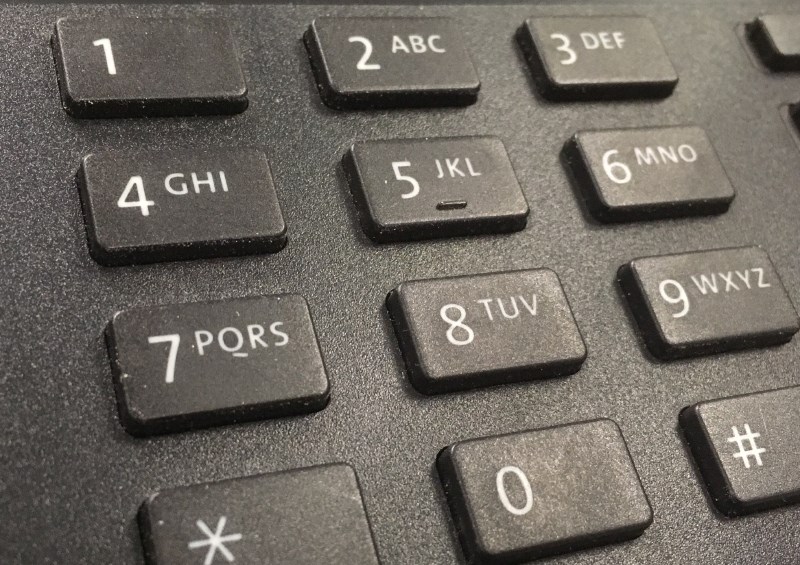The year COVID-19 became a household word and physical distancing became second nature was also the year of the great puppy swindle and amped-up robocall scams, according to the Better Business Bureau of Vancouver Island.
In its annual list of the top scams, the BBB said robocalls were once again the most prevalent form of scam, while puppy purchasing scams made up almost 25 per cent of all online scams reported to the bureau.
“The one that really hit with me is the robocalls,” said bureau executive director Rosalind Scott. “It seems like such a little thing, but I tell you we have had lots of people calling us terrified that they’ve been told by a robo-call they will be arrested, fined or be put in jail.”
While they come in many forms, robocalls most often use computerized auto-dialers to deliver pre-recorded messages claiming to represent government agencies like the Canada Revenue Agency, utility companies and the police.
The scammers try to get personal information, credit card numbers and even cash transfers and gift cards from their victims.
Scott said they sound so convincing that even though there have been countless warnings issued about them, many people still fall victim to the pitch.
“I wish successful scammers would put their intelligence and enterprise to good,” she said. “They are very sophisticated and some are remarkably clever and wouldn’t it be nice if they didn’t waste it on scamming people.”
The other big scam in 2020 was the online puppy purchasing fraud, where online scammers demand up-front payment for pets before shipping the animal, and in many cases ask for additional funds to cover insurance, vaccines and illness.
Scott said in scams like these, the animal simply does not exist. She noted the scam can involve any item that is in demand — with families often stuck at home during the pandemic, pets became a popular item.
The bureau’s annual list also included the romance scam, which often involves fake online dating accounts used to get money from unsuspecting would-be partners, charity scams that capitalize on current events and emotional appeals to trick donors into giving away money to fraudsters, and get-rich-quick schemes that claim to be able to multiply relatively small investments in short periods of time.
But COVID-19 scams, which plagued other parts of Canada, did not appear on the Island BBB’s list. Scott said COVID scams didn’t really materialize on the Island, possibly because B.C. residents were kept well informed about COVID-related matters by the provincial health officer.
But 2021 might be another story, Scott said.
“People are going to have to look out for some COVID stuff,” she said. “I worry we will start to see people peddling vaccines on some kind of black market.”
Victoria police said there were several instances of fraud related to federal COVID financial relief programs over the last 10 months.
In an effort to combat the fraud and keep pace with evolving scams, in the fall, the Canada Revenue Agency put in place safeguards to identify and prevent high-risk or potentially suspicious applications from being made for things like the Canada Emergency Response Benefit and the Canada Emergency Student Benefit.
Anyone who believes they have been a victim of fraud is encouraged to report it to the police and their financial institutions, while ensuring all payments that have not been authorized are stopped, and to change passwords and login details regularly.
The Canadian Anti-Fraud Centre said if you suspect someone is using your social insurance number, you should contact Service Canada and have available documents to prove the misuse of your number and an original identity document, such as a birth certificate.
Suspected frauds can be reported to Victoria police at 250-995-7654 and the Canadian Anti-Fraud Centre at 1-888-495-8501.
aduffy@timescolonist.com



